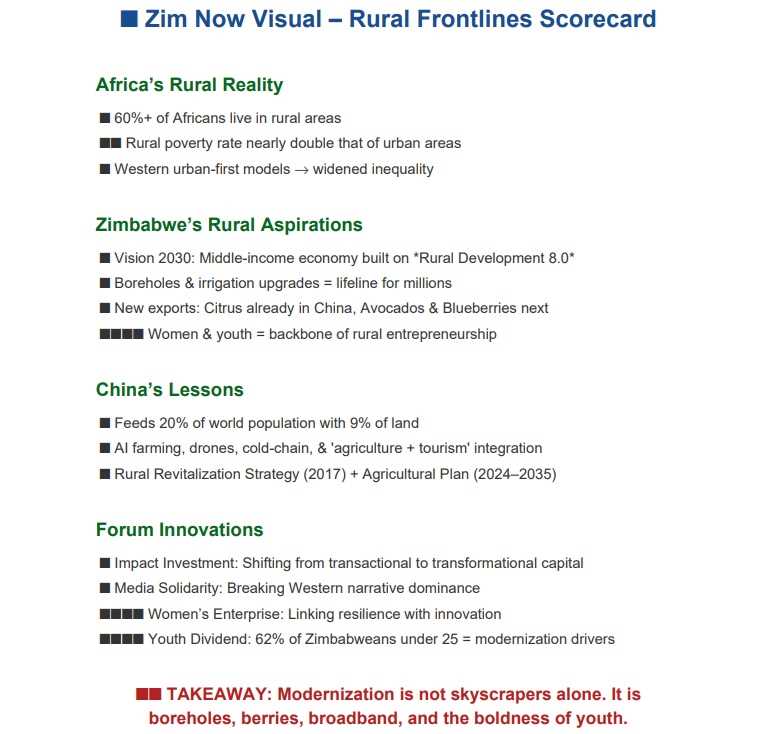
Patience Muchemwa-Senior Reporter
While most conferences end with polite applause and forgotten communiqués, the 2nd Harare Forum for Africa left a different imprint: it positioned rural development as the frontline of Africa’s modernization struggle.
The forum’s theme, “Rural Development and Modernization,” was not mere jargon. It spoke directly to Africa’s fault line in the global economy—where rural areas remain locked out of prosperity while cities absorb attention and resources.
Scholars reminded delegates that Africa cannot build sustainable futures by copying Western urban-centric models, which have historically deepened inequality. Instead, modernization must be rewritten from the soil up.
Chinese Ambassador Zhou Ding was blunt: modernization is not Westernization. Citing China’s journey from agrarian poverty to feeding 20% of the world on just 9% of arable land, Zhou argued that Zimbabwe too can leap forward if it marries tradition with innovation—whether through boreholes, irrigation upgrades, or exporting avocados and blueberries into Chinese markets.
Related Stories
Meanwhile, Zimbabwean officials linked the rural agenda to youth empowerment. With over 67% of Zimbabweans under 35, Napoleon Nyanhi of the National Arts Council stressed that modernization must flow through young innovators building enterprises in agriculture, digital skills, and green energy.
He tied this to the government’s freshly launched National Youth Empowerment Strategy (2026–2030), designed to anchor Vision 2030 in the energy of the demographic majority.
What distinguished this year’s Harare Forum was not just the speeches but the agenda itself. Panels on impact investment, women’s entrepreneurship, and youth as modernization catalysts gave practical teeth to rhetoric.
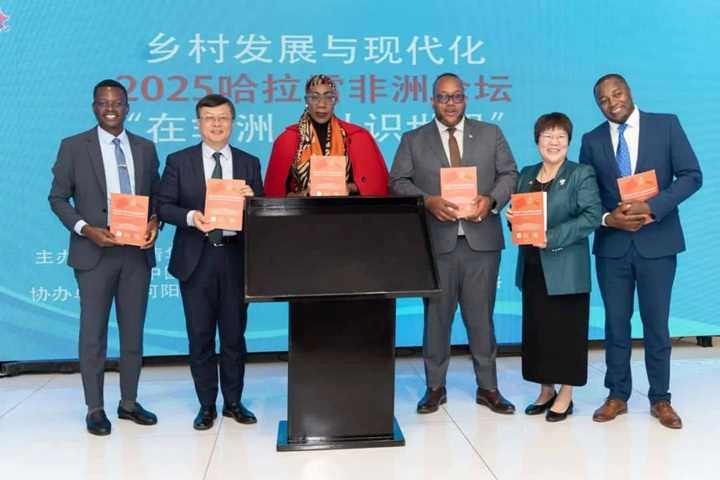
One roundtable reimagined how African and Chinese media could disrupt the West’s narrative monopoly, reviving the spirit of the 1989 Harare MacBride Round Table that once challenged global information inequality.
The Harare Forum offered a sharp pivot: stop waiting for global capital to trickle down, and instead reengineer modernization around rural agency, cultural exchange, and South–South solidarity.










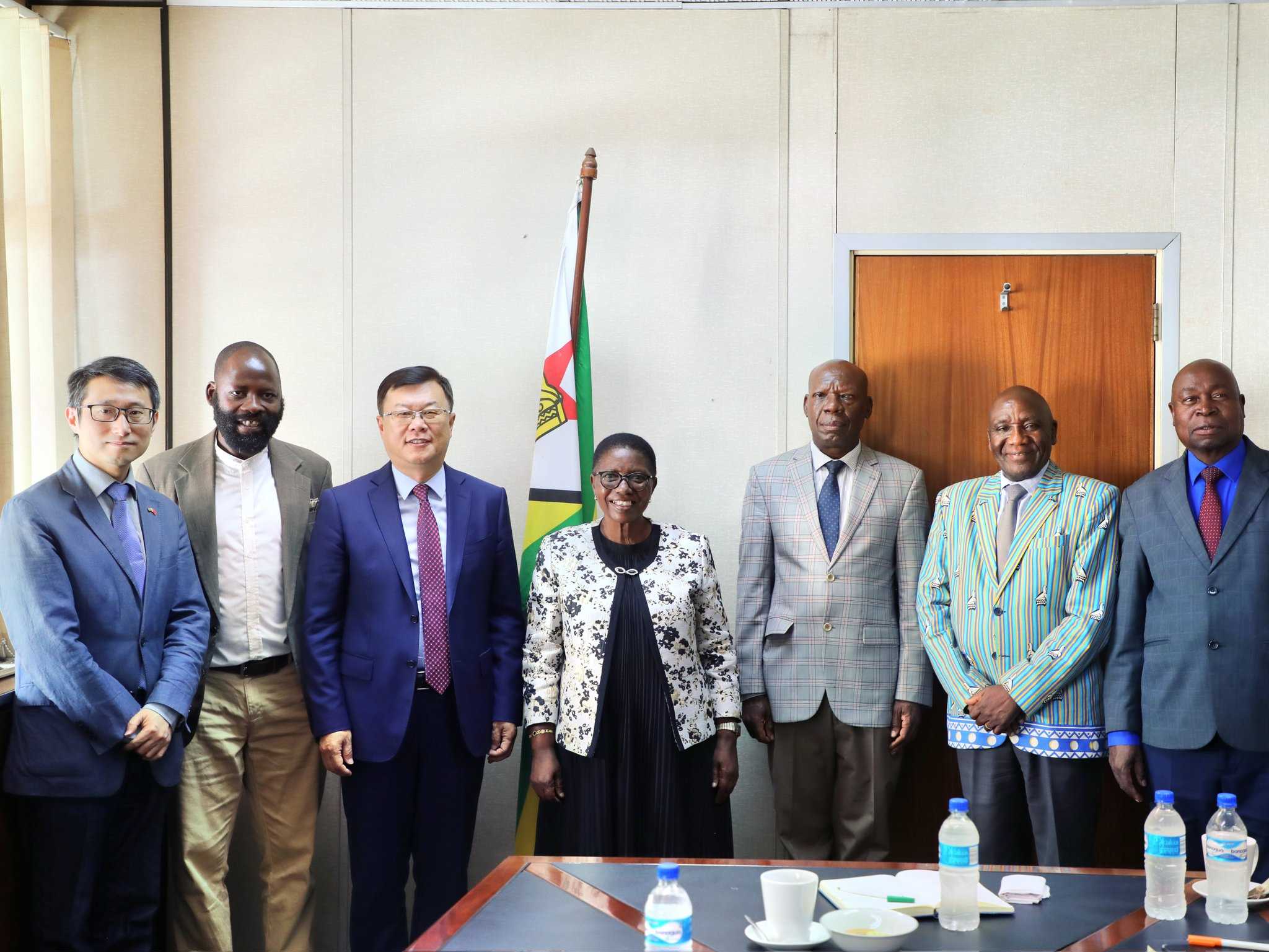
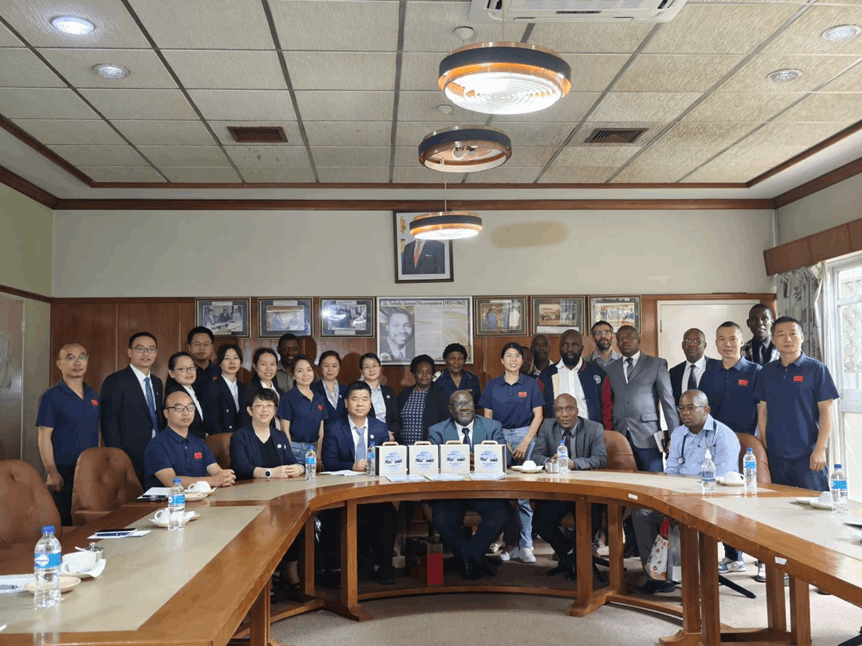
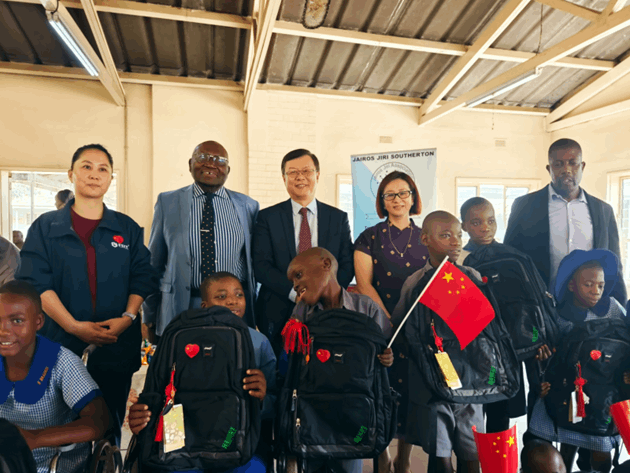

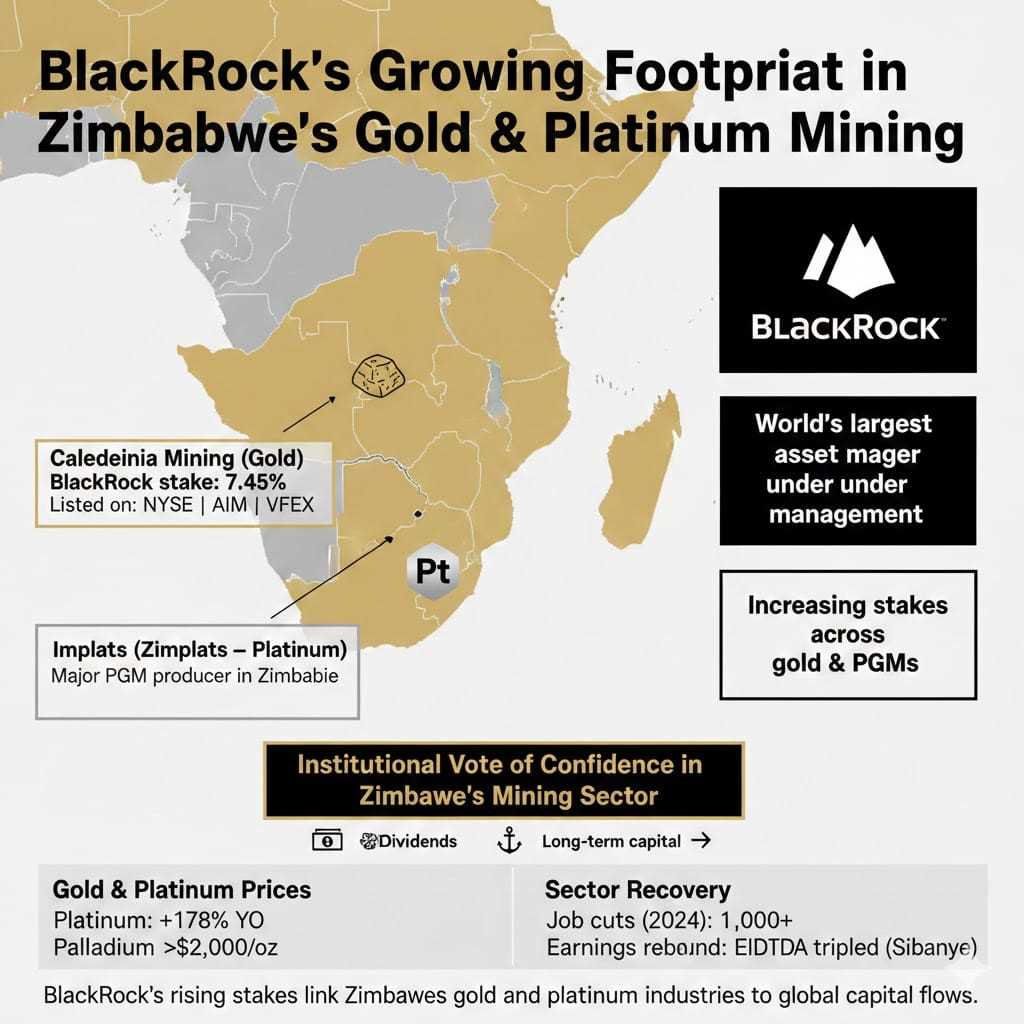
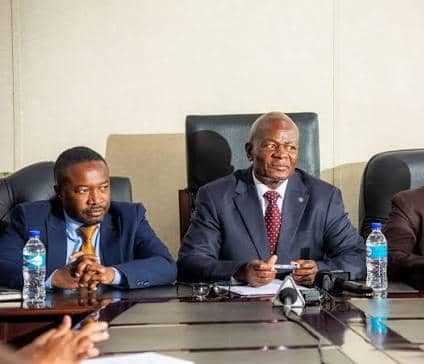




Leave Comments